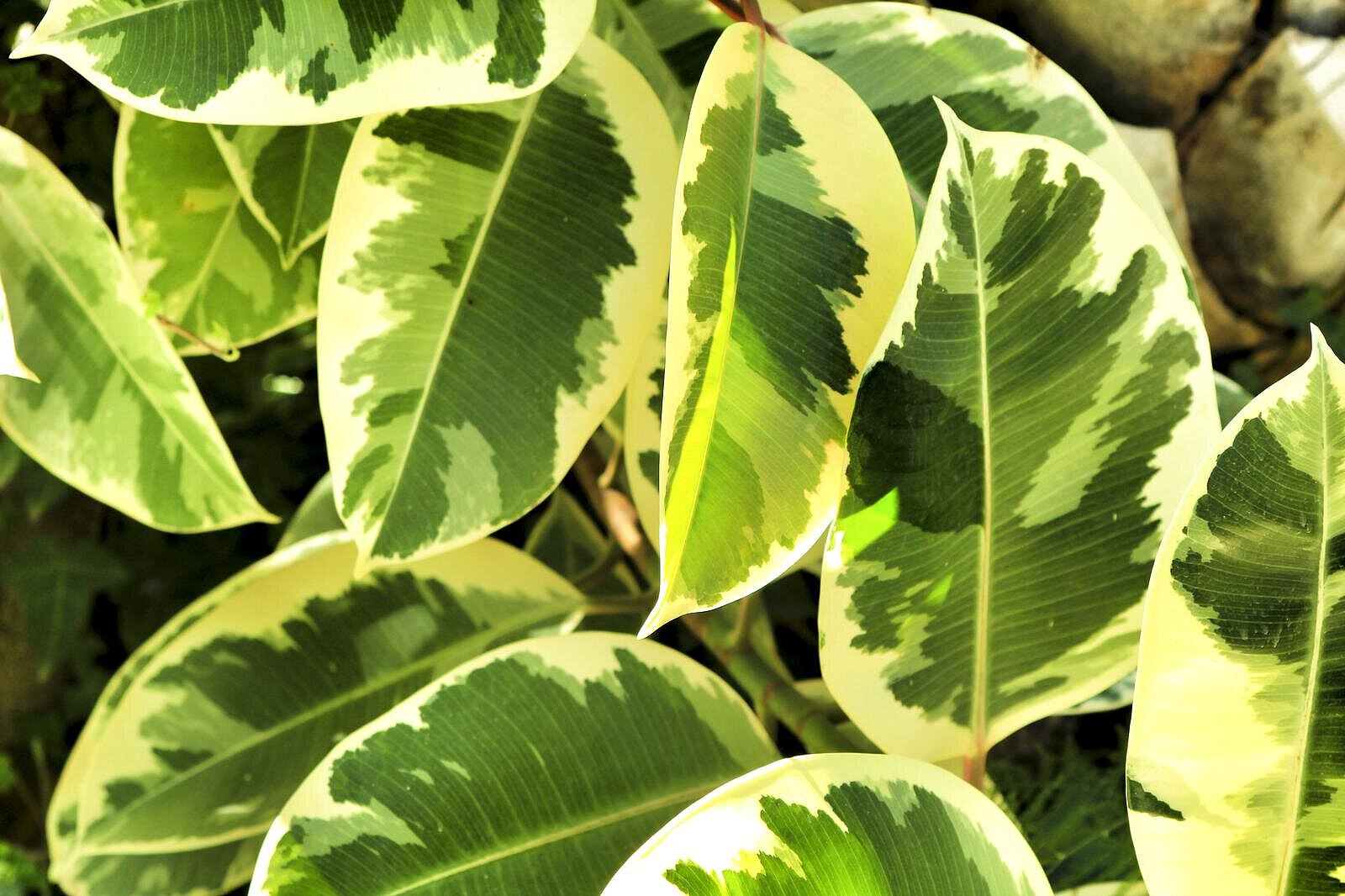Guayule

What is guayule?
Guayule is a shrub plant native to the desert regions of southwestern North America. It has made a name for itself in recent years as an alternative source of natural rubber without the latex allergies associated with the Hevea tree. Guayule is characterized by its adaptability to dry environments and is grown commercially for its ability to produce rubber.
Guayule and dogs: potential benefits and risks
Potential benefits
The direct benefits of guayule for dogs are not well documented, as the plant is primarily grown for its rubber. However, the allergen-free nature of guayule rubber could be indirectly beneficial, especially for dogs with allergies to conventional latex. Toys and other products made from guayule rubber could be a safer option for sensitive dogs by minimizing the risk of allergic reactions.
Risks and concerns
Although the plant itself is considered relatively safe when grown in the environment without dogs consuming it, little information is available on the effects of dogs consuming the plant. As with many plants, consumption of large amounts of the plant could be potentially toxic, depending on various factors such as the amount and the specific dog. It is important to exercise caution and ensure that dogs do not have access to parts of the plant that they could chew or ingest.
Precautions and recommendations
Given the limited information on guayule in the context of dog health, it is advisable to observe the following precautions:
- Avoid direct consumption: Keep guayule plants and products out of reach of dogs to prevent them from eating parts of the plant.
- Monitor reactions: If your dog plays with guayule rubber products, monitor them for signs of allergic reactions or intolerance, even if the risk is considered low.
Guayule, an enigma with potential
While guayule is still relatively unknown in the world of dog products, its ability to provide an allergen-free rubber alternative could be of indirect benefit. However, without specific research and documentation on the effects of guayule on dogs, caution is advised. The potential benefits of allergen-free toys and products for sensitive dogs are promising, but the lack of information on the safety of consuming the plant itself requires a cautious approach. As with any new or unusual products in your dog's environment, it's best to be informed and cautious to ensure the safety and well-being of your faithful companion.
If you notice any signs of hypersensitivity or poisoning in your dog, you should see your vet immediately. We are not a substitute for a vet, but we try to be as accurate as possible. Every dog reacts differently and we recommend you get a second opinion or consult your vet if in doubt.
Stay healthy and take good care of your four-legged friend!😊
Similar to Guayule
The rubber tree plays a central role in the global economy through the production of natural rubber, an essential material in many industries. While this plant is of great benefit to humans, dog...
Rubber tree is the colloquial name for a group of plants from the spurge family. The best-known representative is Ficus elastica, which originates from Southeast Asia and can grow up to 30 meters...
The porridge apple tree, a deciduous tree native to North America, is known for its large, edible fruit that has a texture reminiscent of porridge. While these fruits are popular with humans, the...
The gutta-percha tree (Palaquium gutta) grows mainly in the humid tropics and is famous for its latex-like resin, which is used in a variety of ways. However, while its uses in humans are well...



